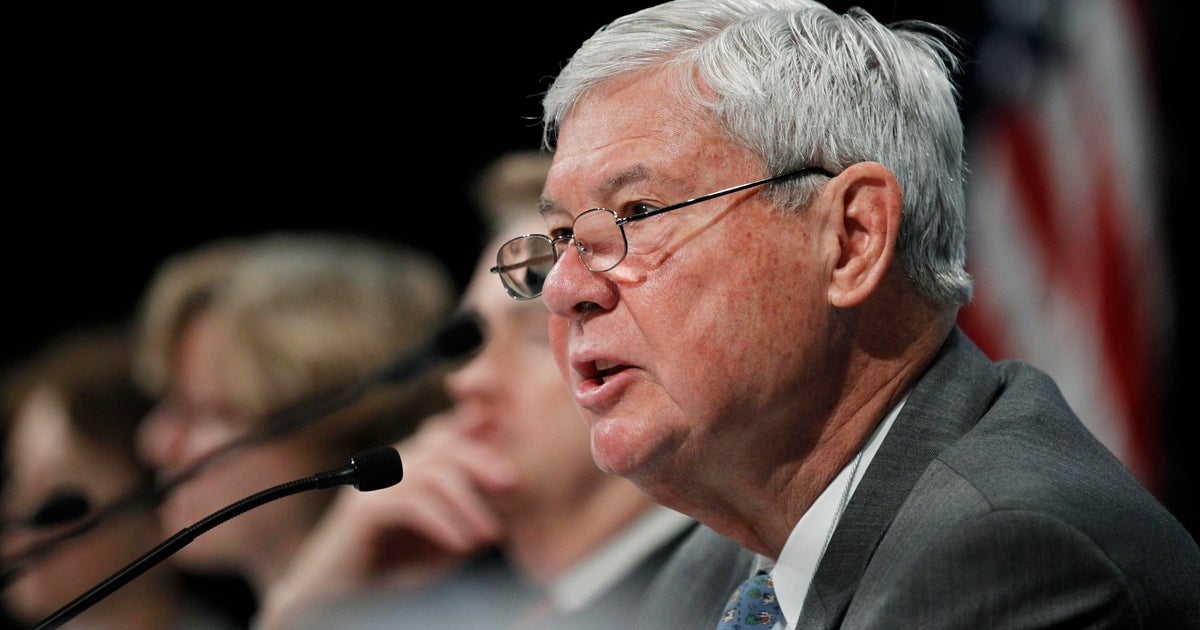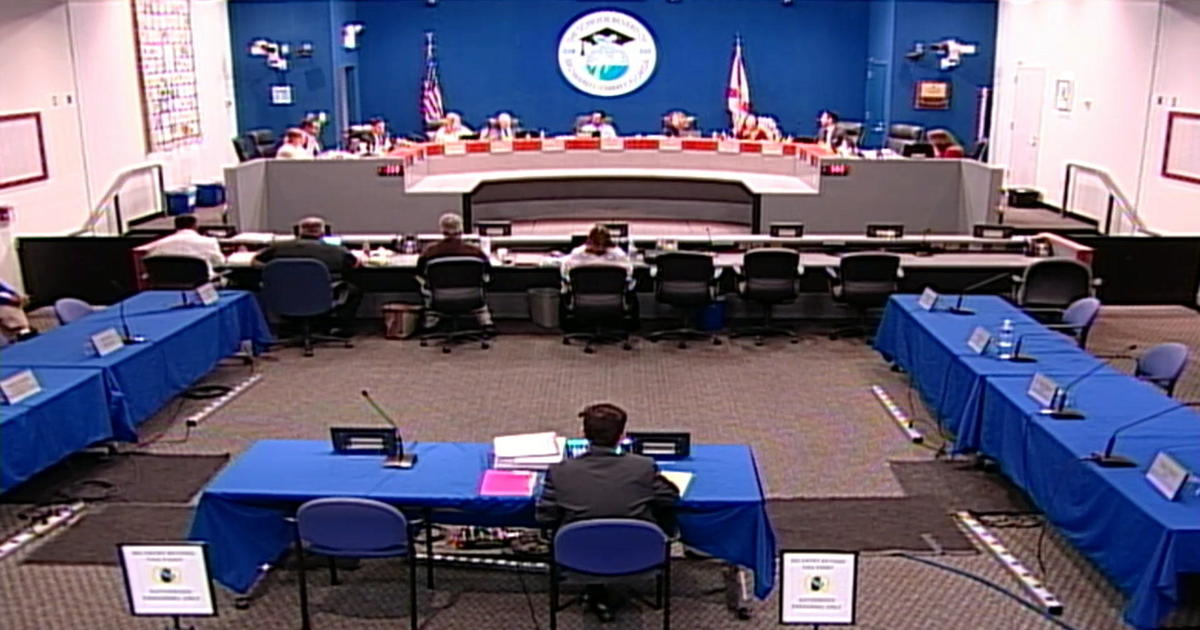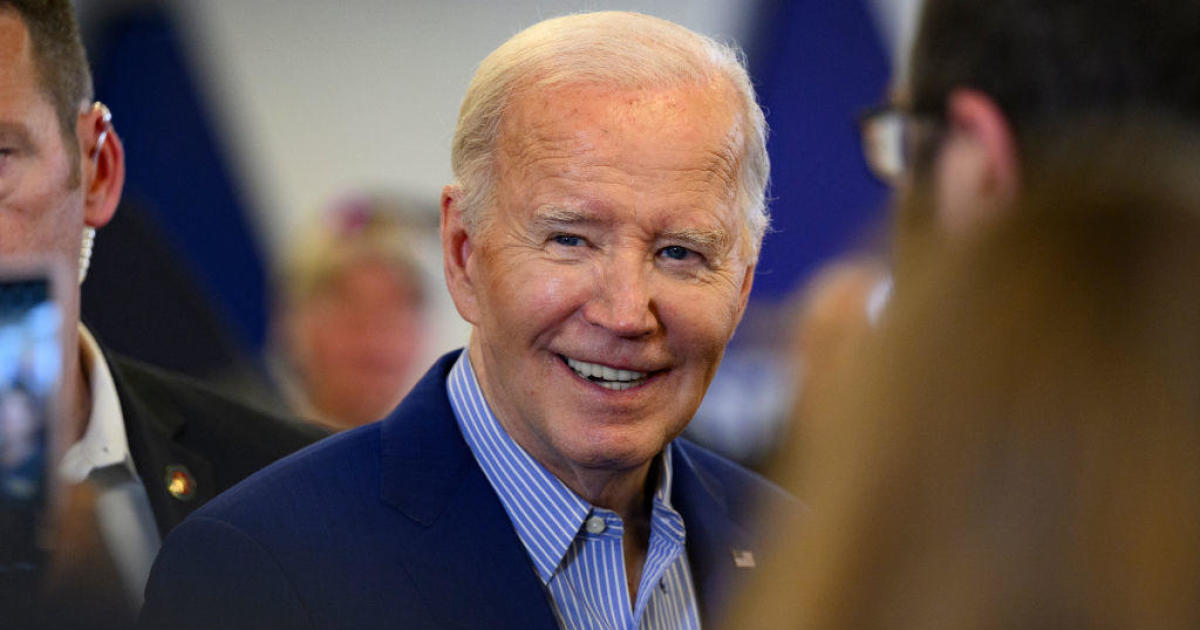No Idle Chatter: Florida To Seek More LIP Funds
TALLAHASSEE (CBSMiami/NSF) -- Florida will seek federal approval to expand funding for a program that is critical to hospitals serving large numbers of low-income and uninsured patients, the state Medicaid director told lawmakers Tuesday.
The $1-billion-a-year "Low Income Pool" program will come up for federal renewal in 2014, and Justin Senior, deputy secretary for Medicaid at the state Agency for Health Care Administration, said Florida will seek to boost the amount of money --- possibly to about $3 billion a year.
"I think anything above $1 billion will be considered a victory,'' Senior said after making a presentation to the House Health Care Appropriations Subcommittee.
The Low Income Pool, or LIP, program began in 2006 and funnels additional money to hospitals and other health-care providers that serve large numbers of poor and uninsured people. In the program, local governments and taxing districts put up money, which draws down federal matching funds.
Created under what is known as a federal "waiver," the LIP program expires June 30, 2014, and must be renewed by the federal government to continue operating. The Agency for Health Care Administration will submit a three-year extension request by Nov. 22, and Senior said that request will include the specific amount of increased funding the state will seek.
Senior told the House subcommittee that he thinks federal officials are "generally receptive to the idea of making it larger." But he also said the federal government could attach conditions to the increased money, such as conditions aimed at improving the quality of care in hospitals.
The LIP program is highly complicated and supplements money that hospitals and providers otherwise get through Medicaid.
Tony Carvalho, president of the Safety Net Hospital Alliance of Florida, told lawmakers that Florida trails other states, such as Texas, in funding for such programs.
"Florida is embarrassingly low in the amount of money it gets from the federal government in supplemental payments,'' said Carvalho, whose group represents facilities such as teaching, public and children's hospitals.
"The News Service of Florida contributed to this report."



